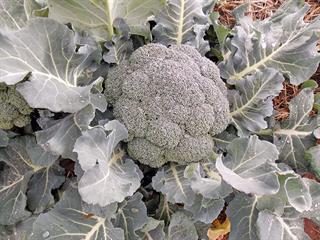Growth in grain-based ethanol production will have a significant impact on the feed industry. This was a key message from Roger Gilbert, secretary general of the International Feed Industry Federation, at the Sixth International Congress for the Animal Feed Industry held at Sun City in North West recently.
He said the rapid expansion of ethanol production will require greater amounts of maize than previously predicted before the recent abrupt rise in oil prices. However, some are sure the US can produce 68 billion litres of ethanol by 2015, while also meeting maize grain requirements for human food and livestock feed. Ethanol production could increase more rapidly during the next two years, reaching a production level of 44 billion litres by 2010/11.
As the proportion of maize crop dedicated to ethanol production increases, the impact on US – and global – food prices, and the livestock and poultry industries will be more significant. “Making optimal use of the co-product feeds is critical to using the maize supply efficiently and minimising the rise in feed and food prices,” he said. Dr Erhard Briedenhann, director of feeds and proteins at Afgri Trading, said the development of SA’s biofuels industry must be monitored closely. “It could have a major influence on the profile of raw materials available domestically,” he said, adding volatility in raw material prices is expected to continue.
Ercole Zerbini from Cargill Europe, a provider of food, agricultural and risk management products and services, said growth in biofuels means greater quantities of new protein-based ingredients will be available to the feed industry. “More ethanol means more DDGS [dried distiller’s grains],” Zerbini said. e said these products will have to be used more effectively. “Our current knowledge of protein nutrition is inadequate for this challenge,” he said. owever, he said decreasing availability of carbohydrates and oils for the feed industry means substitutes will be needed for different species such as ruminants, pork and poultry. He said globally the feed industry will depend on ingredients with fluctuating composition. “Feed industries with the greatest capacity to evaluate ingredient nutrients and transform these through processing and formulation into animal needs for health and performance will win this challenge,” he said. – Wilma den Hartigh









